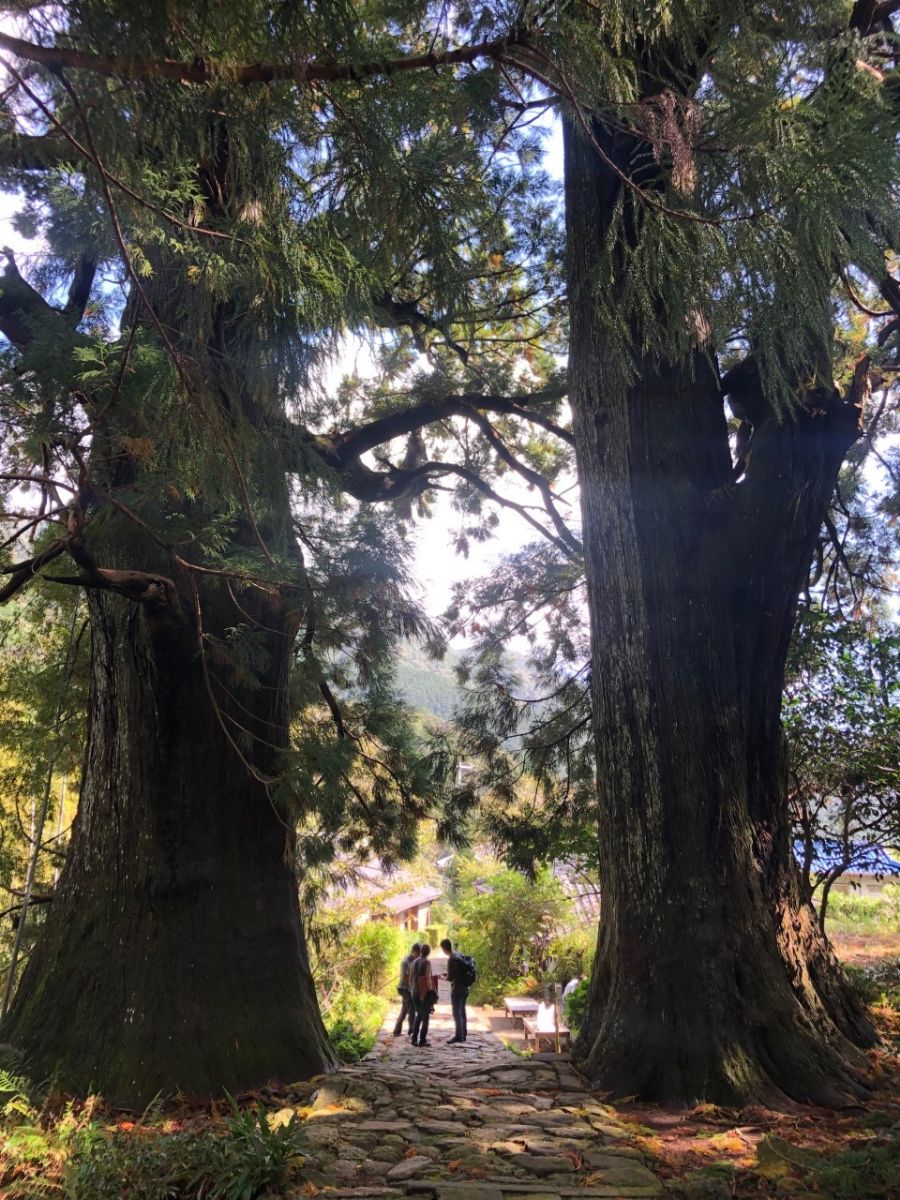Upper Humla Valley
Key information: Upper Humla Valley 
- Follow an ancient trade and pilgrimage route up the remote Humla (Karnali) valley, crossing the Himalayas into Tibet.
- Revel in wonderful scenery: the milky Humla in its deep gorge, the forested slopes giving way to the crags and peaks of the high Himalayas.
- Pass through remote villages, witnessing a little-changed way of life.
- Experience the transition from the Hindu to the Buddhist world, and from the sharp new rock of the Himalayas to the crumbling bed of the ancient Tethys sea.
- This is a high walk in mountains (crossing passes up to 4,580 m): be prepared.
Walkopedia rating
(Top 100)
- Walkopedia rating89
- Beauty33
- Natural interest15
- Human interest12
- Charisma31
- Negative points2
- Total rating89
Vital Statistics
- Length: 5-6 days
- Maximum Altitude: 4,580m
- Level of Difficulty: Strenuous
WALK SUMMARY
The Humla Valley runs, seemingly forever, from its source in Tibet, through the impacted Himalayas of Western Nepal down to join the Ganges on the hot plains of India. An ancient pilgrimage and trade route between Tibet and Nepal follows its milky-blue, glacier fed upper reaches, making for an unforgettable trek.
As well as magnificent and varied scenery snowy peaks, cliffs, crags, gorges and waterfalls you will meet caravans of yak, mules, and pack goats, and pass through remote hill villages amid their terraced fields, where life's essence has changed little over the centuries. You will travel from the Hindu world of the foothills to the monasteries, chortens, mani walls and prayer flags of the Tibetan world.
The vegetation changes from productive little fields and forests to the thin grasses and scrub of Tibet, as the trail climbs steadily towards the high pass across the Himalayas.
The area was closed until the mid 2000s and much of it was effectively controlled by Maoist insurgents. While this means you may not meet any Westerners at all, it also means that you need to plan carefully before you travel.
WILLIAM MACKESY'S ACCOUNT
of this walk
Upper Humla Valley Trek, Nepal
The Humla river rises high on the Tibetan plateau, disappearing into an impenetrable gorge through the peaks between Tibet and Nepal, then winds, seemingly forever, down through the impacted Himalayas of western Nepal, becoming the great Karnali of the Indian plains.
The valley has for centuries been a route for trade and for pilgrims on their way to the fabled Mount Kailash in western Tibet, the axis of the ancient Buddhist and Hindu cosmos. Few pilgrims come this way now, but trade is thriving. While salt mined in Tibet used to be hauled.....
READ MOREOther accounts: share your experiences
Your comments on this walk, your experiences and suggestions, and your photos are very welcome. Where appropriate, you will be credited for your contribution.
We have a lot of helpful practical information and tips about this walk, covering everything from the best books and maps, to timing and weather, geting there, possible problems, whether you need a guide and where to find them, and useful websites. This section is only open to members.
Membership is FREE AND JOINING TAKES 30 SECONDS. To login or sign up click here
Safety and problems: All walks have inherent risks and potential problems, and many of the walks featured on this website involve significant risks, dangers and problems. Problems of any sort can arise on any walk. This website does not purport to identify any (or all) actual or potential risks, dangers and problems that may relate to any particular walk.
Any person who is considering undertaking this walk should do careful research and make their own assessment of the risks, dangers and possible problems involved. They should also go to “Important information” for further important information.
Anyone planning an expedition to this place should see further important information about this walk.
Safety and problems: All walks have inherent risks and potential problems, and many of the walks featured on this website involve significant risks, dangers and problems. Problems of any sort can arise on any walk. This website does not purport to identify any (or all) actual or potential risks, dangers and problems that may relate to any particular walk.
Any person who is considering undertaking this walk should do careful research and make their own assessment of the risks, dangers and possible problems involved. They should also go to “Important information” for further important information.

OTHER ACCOUNTS
share your experiences
Add your experiences, suggestions and photos. We would be delighted to receive your writing and ideas (which will be attributed appropriately where published).
Anyone planning an expedition to this place should see further important information about this walk.
Responsible travel matters, a lot. How you travel will make a real difference - for better or worse. PLEASE consider this when making plans. Read more














